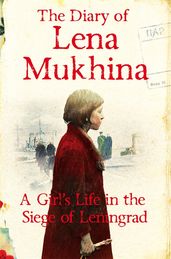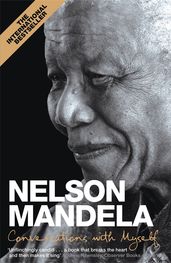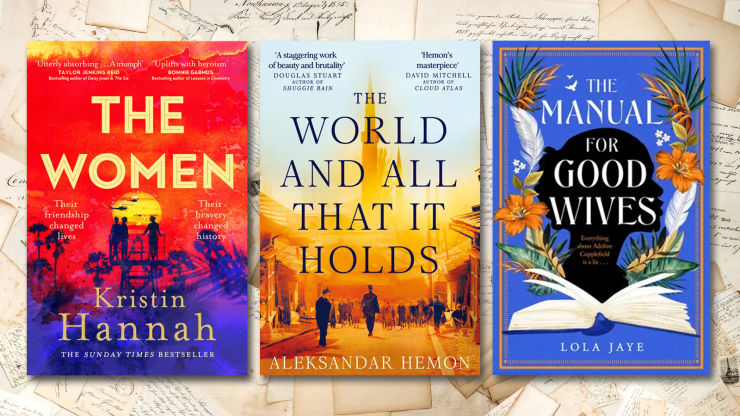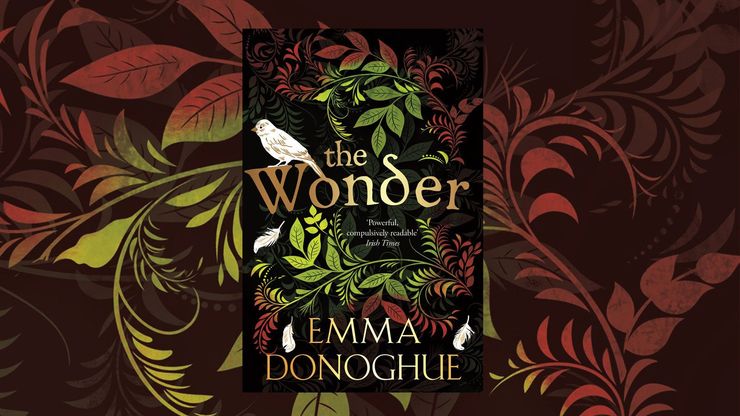History's greatest diaries
The most revealing, facinating and harrowing personal diaries ever written, all of which offer a unique first-hand perspective of a momentous era in history, from World War Two to Apartheid.

Personal diaries offer a unique first-hand perspective of significant moments in history in a way that official historical records rarely can.
We’ve compiled a list of the most revealing, significant and harrowing testimonies from individuals who lived through some of the most momentous eras in history.
The Diary of Lena Mukhina
by Lena Mukhina
'People are not born brave, strong and smart. These qualities must be acquired through perseverance and with determination, like the ability to read and write.'
In May 1941 Lena Mukhina was an ordinary teenage girl, living in Leningrad, worrying about her homework and whether Vova - the boy she liked - liked her. Then, on 22 June 1941, Hitler broke his pact with Stalin and declared war on the Soviet Union.
All too soon, Leningrad was besieged and life became a living hell. From day to dreadful day, Lena records her experiences: the desperate hunt for food, the bitter cold of the Russian winter and the cruel deaths of those she loved.
A truly remarkable account of this most terrible era in modern history, The Diary of Lena Mukhina: A Girl's Life in the Siege of Leningrad is the vivid first-hand testimony of a courageous young woman struggling simply to survive.
Available now in Paperback and as an Ebook.
The Diary of Samuel Pepys
by Samuel Pepys
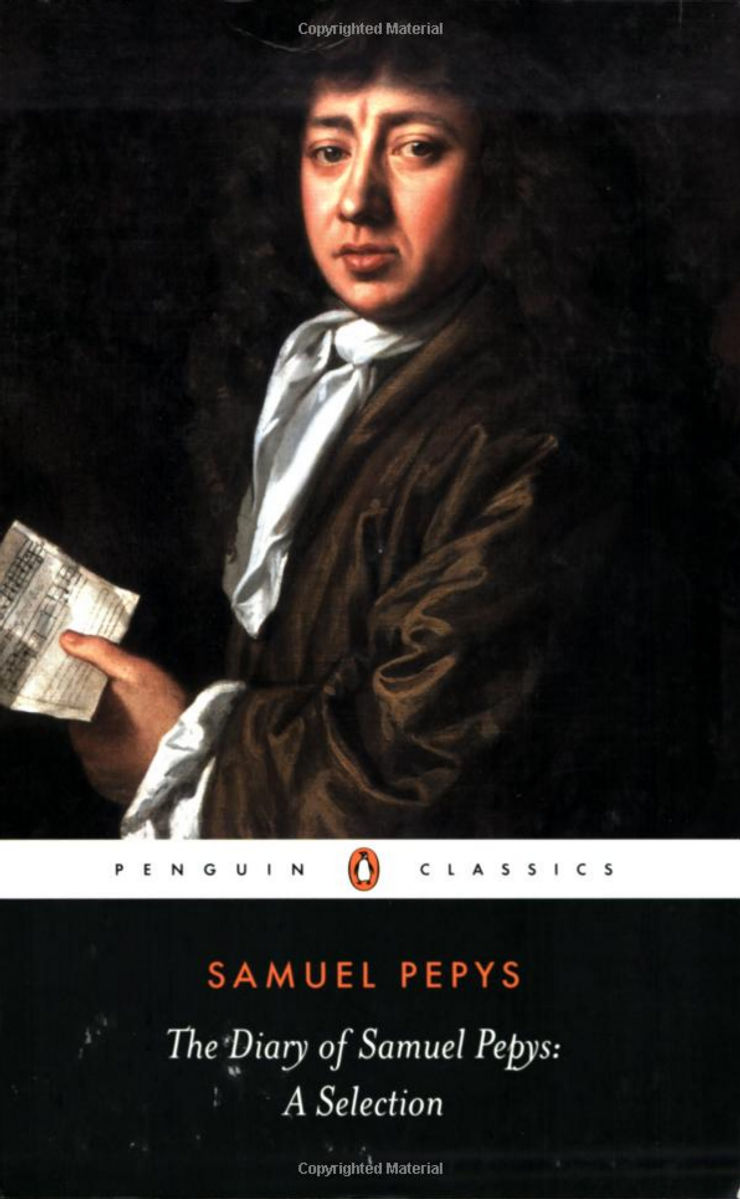
'With one's face in the wind you were almost burned with a shower of Firedrops'
A collection of scintillating first-hand accounts of Restoration England, from the most tumultuous events to the simplest domestic pleasures.
The 1660s represent a turning point in English history, and for the main events - the Restoration, the Dutch War, the Great Plague, the Fire of London - Pepys provides a definitive eyewitness account. As well as recording public and historical events, Pepys paints a vivid picture of his personal life.
Unequalled for its frankness, high spirits and sharp observations, the diary offers a marvellous portrait of seventeenth-century life.
The Diaries of Nella Last
by Edited by Patricia Malcolmson and Robert Malcolmson
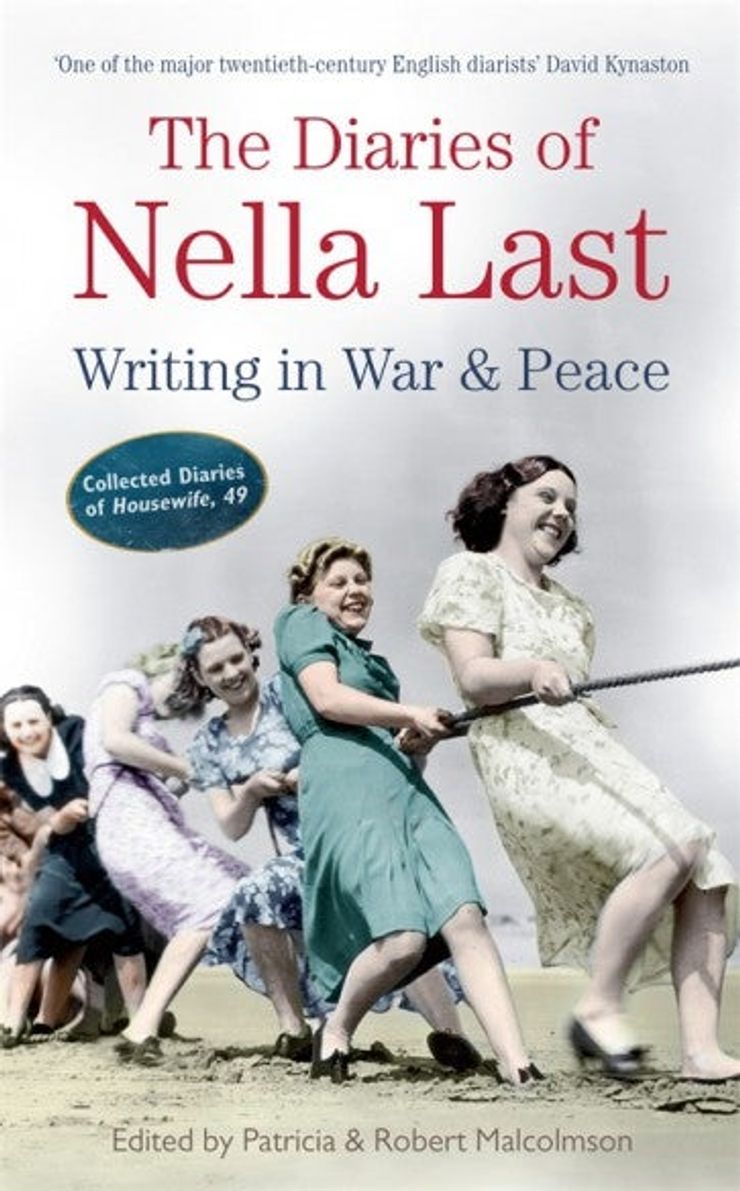
‘I can never understand how the scribbles of such an ordinary person ... can possibly have value.'
So wrote Nella Last in her diary on 2 September 1949. More than sixty years on, tens of thousands of people have read and enjoyed three volumes of her vivid and moving diaries, written during the Second World War and its aftermath as part of the Mass Observation project - and the basis for BAFTA-winning drama Housewife 49 starring Victoria Wood.
Capturing the everyday trials and horrors of wartime Britain and the nation's transition into peacetime and beyond, Nella's touching and often humorous narrative provides an invaluable historical portrait of what daily life was like for ordinary people in the 1940s and 1950s.
The Diary of a Young Girl
by Anne Frank

'Will I ever be able to write something great, will I ever become a journalist or a writer? I hope so, oh, I hope so very much, because writing allows me to record everything, all my thoughts, ideals and fantasies.'
This is what Anne Frank confided in her diary on 5 April 1944. Her wish did come true, but she herself was never to know that. Anne died in March 1945 in Bergen-Belsen concentration camp. She was fifteen years old.
Possibly the most famous diary ever written, Anne’s inspiring and tragic account of her family’s flight during the occupation and two years hiding in an Amsterdam warehouse has enthralled readers for generations.
Journals: Captain Scott's Last Expedition
by Robert Falcon Scott
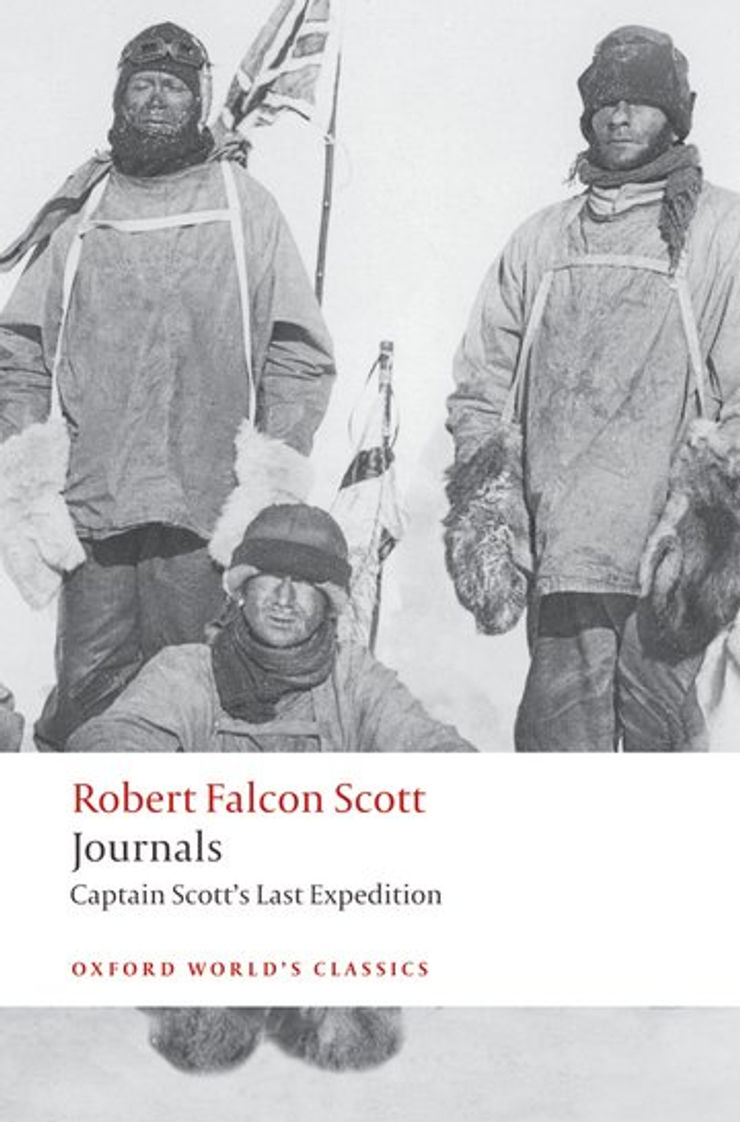
Had we lived, I should have had a tale to tell of the hardihood, endurance, and courage of my companions which would have stirred the heart of every Englishman.’
First published in 1913, Captain Scott's harrowing account of his expedition to the South Pole in 1910-12 has become the stuff of legend.
Scott’s diaries, discovered with his body, caught the public imagination in a way few tales of exploration ever have. The Polar Party’s unflagging stamina, bravery, and spirit on their tragic return from the South Pole after finding they had been beaten to their goal by the Norwegian Roald Amundsen is as gripping and inspiring as any fiction.
The final entries – written in his last days, while hopelessly trapped in a tiny tent by a raging blizzard on the Great Ice Barrier – are among the most poignant and haunting passages ever written.
Conversations With Myself
by Nelson Mandela
‘There is universal respect and even admiration for those who are humble and simple by nature, and who have absolute confidence in all human beings irrespective of their social status . . . it is such good men and women who are the hope of the world. their efforts and achievements are recognised beyond the grave, even far beyond the borders of their countries, they become immortal.’
A moving collection of Nelson Mandela’s letters, diary entries and other writing which offers a rare chance to see the man behind one of the most inspiring and iconic figures of our age.
An intimate journey from the first stirrings of his political conscience to his galvanizing role on the world stage, encompassing the anti-apartheid struggles of the early 1960s as well as his twenty-seven years of imprisonment. This is the story of one of the world's most beloved public figures in his own voice: direct, clear, private.
Available now in Paperback, Ebook and as an Audio Book - listen to an extract below.
A Journal of the Plague Year
by Daniel Defoe

'a Casement violently opened just over my Head, and a Woman gave three frightful Skreetches, and then cry'd, Oh! Death, Death, Death!'
An extraordinary account of the devastation and human suffering inflicted on the city of London by the Great Plague of 1665 from the author of Robinson Crusoe.
Defoe's fictional narrator, known only as 'H. F.', recounts in vivid detail the progress of the disease and the desperate attempts to contain it. He catalogues the rising death toll and the transformation of the city as its citizens flee and those who remain live in fear and despair.
Daniel Defoe was just five at the time of the plague, but he later called on his own memories, as well as his writing experience, to create this vivid chronicle of the epidemic and its victims. A Journal of the Plague Year is a fascinating example of a writer blurring the lines between fact and fiction.
If you're passionate about history and looking for more inspiration for your next read, discover our list of the very best historical fiction novels, here.
